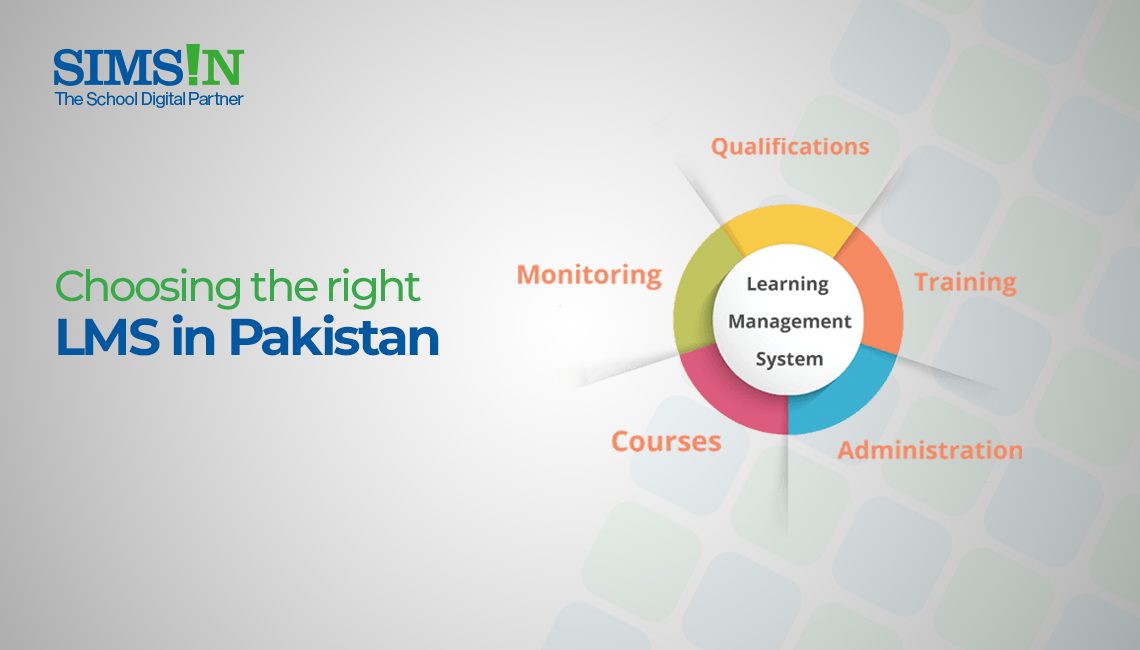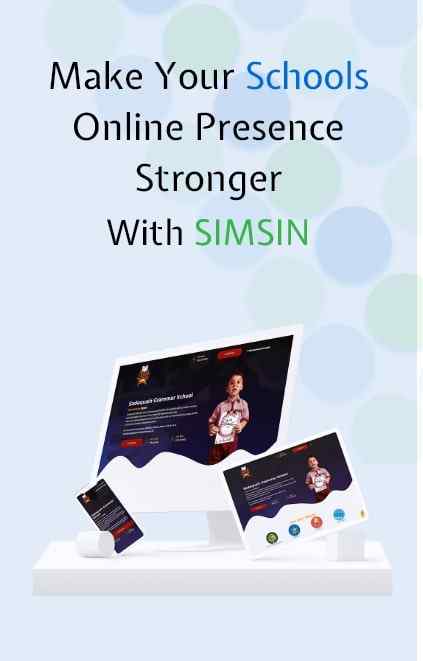How to Choose the Right Learning Management System in 2024?
Before choosing the right Learning Management System for schools in Pakistan in 2024, you need to know, what is a Learning Management System?
LMS is an acronym for Learning Management System, a piece of software or internet-based technology used to carry out, plan, and assess a specific learning activity as it is used for online learning in Pakistan.
A learning management system (LMS) is a software platform that helps organizations deliver and manage training and education programs. LMSs can be used to create and deliver online courses, track student progress, and provide feedback. LMSs can also be used to manage blended learning programs, which combine online and offline learning activities.
Learning Management Systems are becoming increasingly popular in Pakistan, as organizations across all sectors are looking for ways to improve employee training and development. In fact, a recent study found that the Learning Management System market in Pakistan is expected to grow at a CAGR of 25% over the next five years.
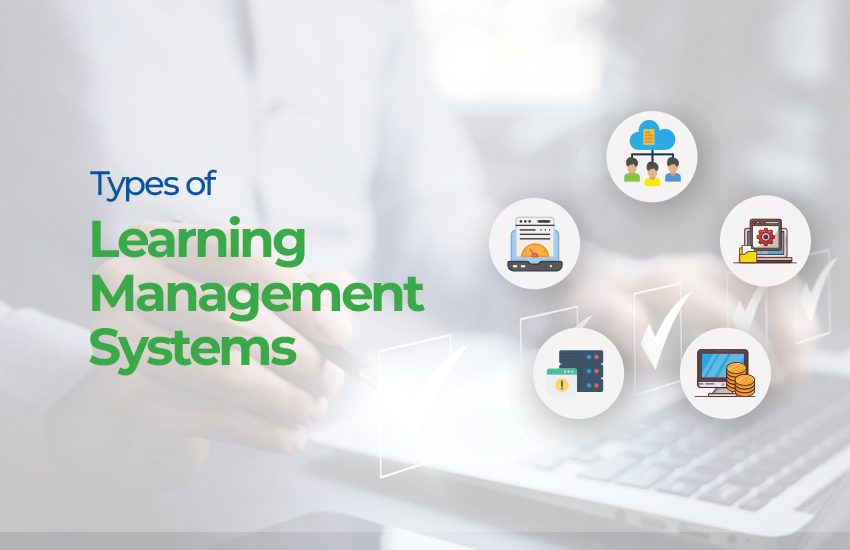
What are the Different Types of Learning Management Systems?
Learning management systems (LMS) come in a variety of types, each with its own strengths and weaknesses. The best type of LMS for your organization will depend on your specific needs and requirements. These are the different types of Learning Management System in Pakistan,
- Open-source LMS
Open-source LMS platforms are freely available to download and use. This can make them a cost-effective option for organizations with a limited budget. However, open-source LMS platforms typically require more technical expertise to install and maintain than commercial LMS platforms.
- Commercial LMS
Commercial LMS platforms are typically sold as software-as-a-service (SaaS) solutions. This means that you pay a monthly or annual fee to use the platform and the vendor is responsible for hosting and maintaining the software. Commercial LMS platforms typically offer a wider range of features and support than open-source LMS platforms.
- Cloud-Based LMS
Cloud-based LMS platforms are hosted on the cloud, which means that you can access them from anywhere with an internet connection. Cloud-based LMS platforms are typically easier to install and maintain than on-premise LMS platforms.
- On-Premise LMS
On-premise LMS platforms are installed on your own servers. This gives you more control over the platform, but it also requires more technical expertise to install and maintain.
- SCORM-compliant LMS
SCORM (Sharable Content Object Reference Model) is a set of standards that allow different e-learning modules to be interoperable. SCORM-compliant LMS platforms can be used to deliver a wider range of e-learning content.
- Mobile LMS
Mobile LMS platforms are designed to be used on mobile devices. This makes them ideal for organizations that have a mobile workforce.
- Enterprise LMS
Enterprise LMS platforms are designed for large organizations with complex e-learning needs. Enterprise LMS platforms typically offer a wider range of features and support than other types of LMS platforms.
- Custom LMS
Custom LMS platforms are designed and developed specifically for an organization’s unique needs. Custom LMS platforms can be expensive to develop and maintain, but they can provide a highly customized learning experience.
Considerations when choosing an LMS
When choosing a Learning Management System for your school, it is important to consider the following factors:
- Size and budget of your organization
- Specific needs and requirements of your users
- Features that are important to you
- Cost of the LMS platform
- Ease of use of the LMS platform
- Vendor’s reputation and support
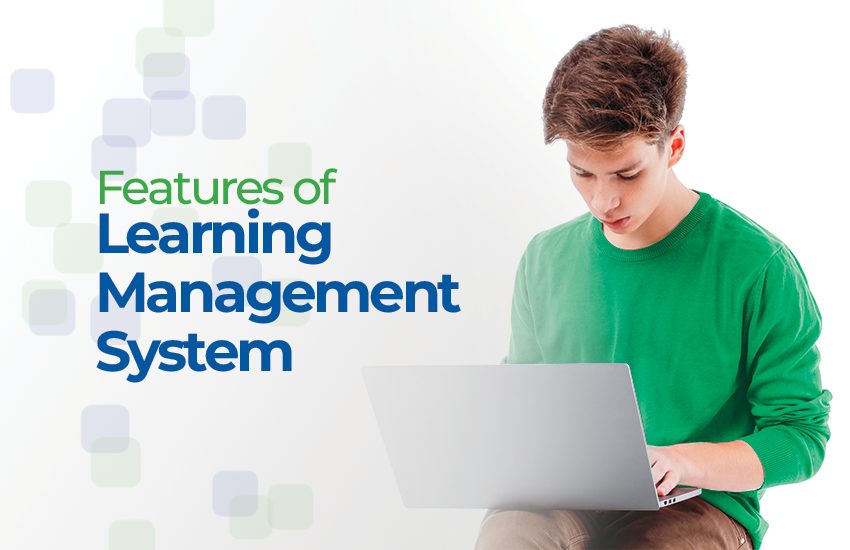
Features of Learning Management System
When choosing an LMS platform, it is important to consider the specific needs and requirements of your organization. Some of the key features to look for in an LMS include:
- Course Creation & Delivery
The LMS should provide the tools and resources you need to create and deliver high-quality online courses and training programs.
- Assessment & Tracking
The LMS should provide you with the ability to assess learner progress and track their performance.
- Collaboration & Communication Tools
The LMS should provide learners with a way to collaborate with each other and communicate with instructors.
- User Administration & Management
The LMS should provide you with the ability to manage users and their roles and permissions.
- Reporting & Analytics
The LMS should provide you with reports and analytics that can help you track learner progress, identify areas for improvement, and measure the effectiveness of your training programs.
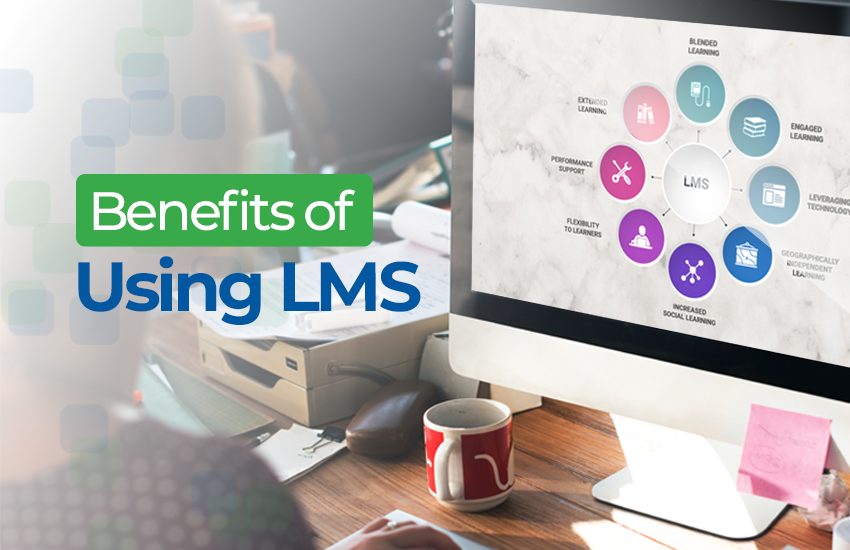
Benefits of Using LMS
LMS platforms offer a number of benefits to organizations, including:
- Improved Employee Training & Development
LMS platforms can help organizations deliver more effective and engaging training to their employees.
- Reduced Training Costs
LMS platforms can help organizations reduce the costs associated with traditional training methods, such as travel and materials.
- Increased Employee Engagement & Satisfaction
LMS platforms can help organizations increase employee engagement and satisfaction by providing them with access to high-quality training and development opportunities.
- Improved Compliance & Regulatory Compliance
LMS platforms can help organizations improve compliance and regulatory compliance by providing them with a way to track and measure employee training progress.
- Boosted Productivity & Profitability
LMS platforms can help organizations boost productivity and profitability by providing them with a way to train and develop their workforce more efficiently and effectively.
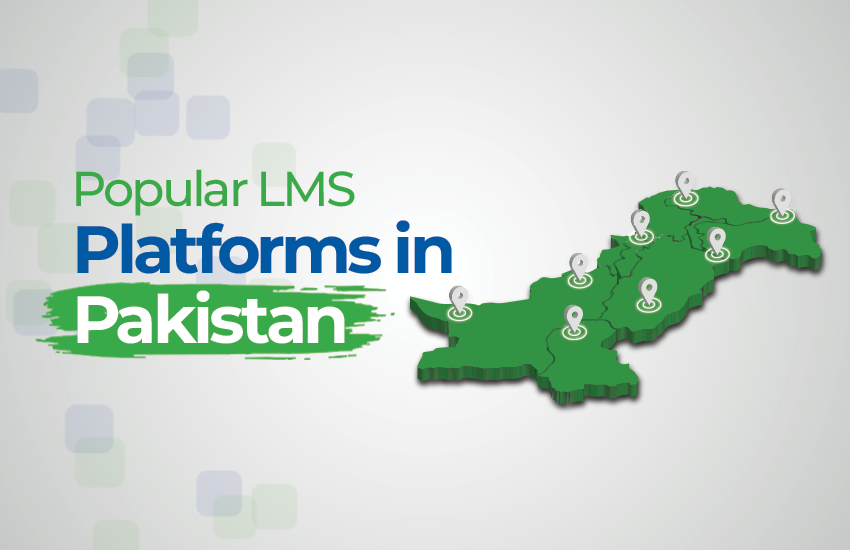
Popular LMS Platforms in Pakistan
Some of the most popular LMS platforms in Pakistan list include,
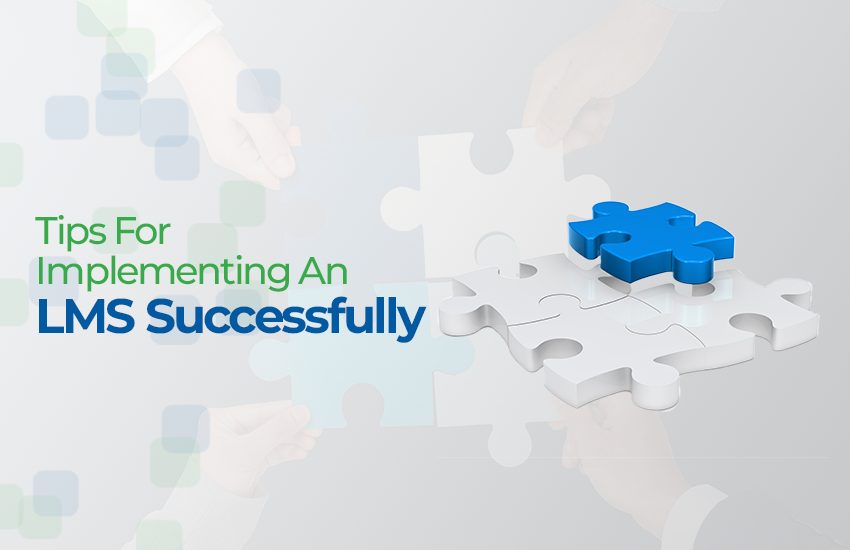
Tips for Implementing LMS Successfully
To implement a Learning Management System successfully, these tips should be followed,
- Get Buy-In From All Stakeholders
It is important to get buy-in from all stakeholders, including employees, instructors, and management, before implementing an LMS.
- Develop A Clear Implementation Plan
You should develop a clear implementation plan that outlines the steps involved in implementing the LMS, as well as the timeline and resources required.
- Train Your Users On How To Use The LMS
You should provide training to your users on how to use the LMS, both before and after implementation.
- Provide Ongoing Support & Assistance To Users
You should provide ongoing support and assistance to your users who have questions or concerns about the LMS.
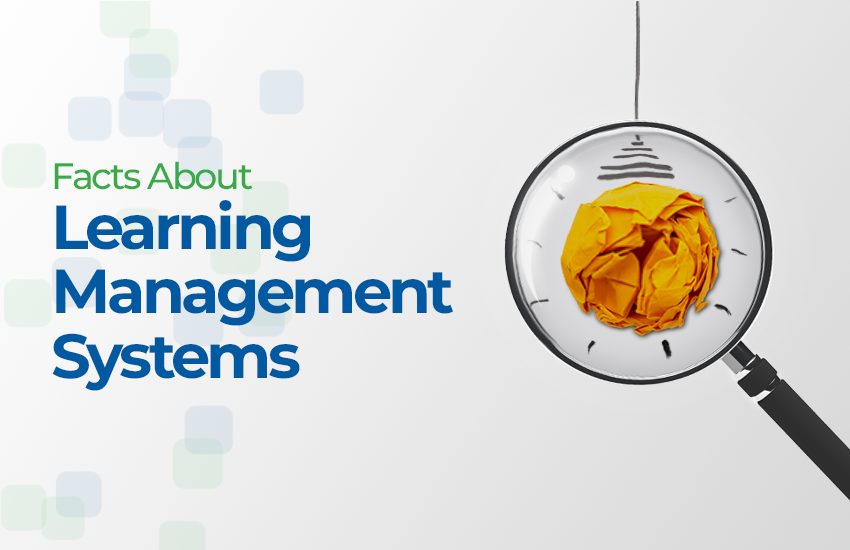
Facts About Learning Management Systems
- The global LMS market is expected to grow from $18.7 billion in 2022 to $43.6 billion by 2027 (Markets And Markets)
- LMS platforms can help organizations reduce training costs by up to 50% (Deloitte)
- Organizations that use LMSs report a 26% increase in employee engagement and a 24% increase in employee satisfaction (Brandon Hall)
- In 2022, the average cost of an LMS was USD 5,000 per year (Better Buys)
- The average time to implement an LMS is 6 months (eLearning Industry)

Conclusion
LMS platforms can offer a number of benefits to organizations, including improved employee training and development, reduced training costs, increased employee engagement and satisfaction, improved compliance and regulatory compliance, and boosted productivity and profitability. When choosing an LMS platform, it is important to consider the specific needs and requirements of your organization. Some of the key features to look for in an LMS include course creation and delivery features, assessment and tracking features, collaboration and communication tools, user administration and management features, and reporting and analytics features.

